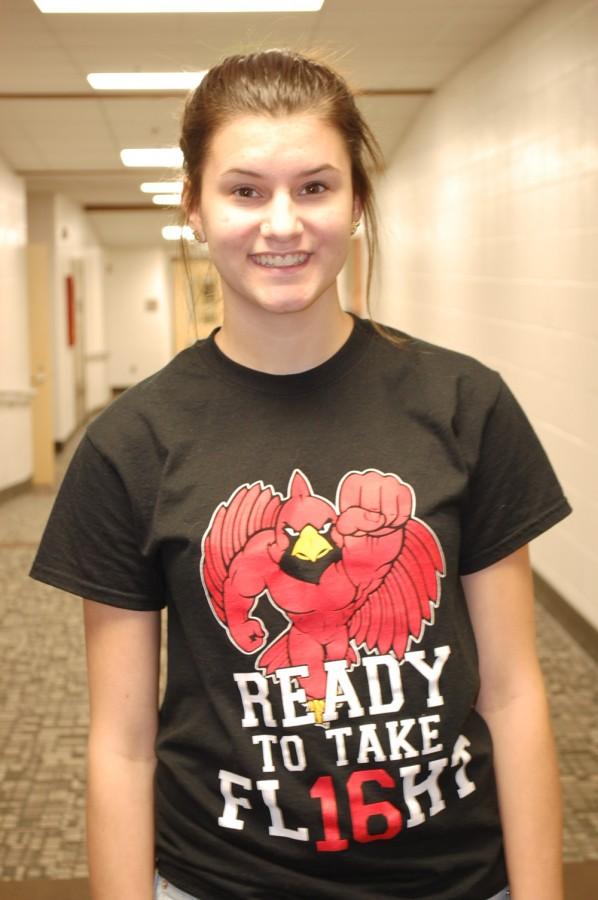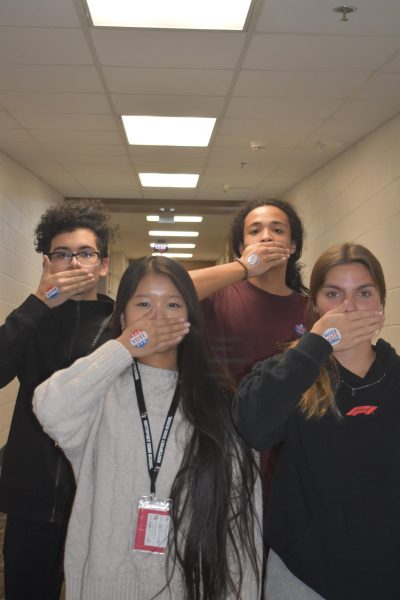Bullying affects SHS seniors
For a some seniors at SHS, the issues they’ve faced in regards to bullying are all too real. Although bullying exists throughout many walks of life, some students believe being a senior in high school offers a different and experienced perspective on the lasting effects of bullying and how underclassmen are targeted specifically.
¨When you’re in your freshman year of high school, I feel like you’re a lot more prone to bullying,” Senior Brianna Goodman said. She believes many freshmen feel pressured to avoid being stereotyped as naive or immature by upperclassmen while sophomores, juniors and seniors start to feel a bit of relief as they rise through the ¨social classes¨ of high school.
A lot of changes can be introduced in four years, including rules and preventative actions such as SHS’s “One and Done” policy. Although the policy has brought on a decrease in physical disputes, Goodman believes it has only changed the form of bullying.
¨Now, people do more verbal and cyberbullying than physical bullying because they know (physical bullying) will get them expelled from school,” Goodman said.
She also believes the issue of cyberbullying isn’t taken as seriously as it should be.
¨It follows you,¨ she said, ¨not just through a computer. It follows you around in school, any events you go to with classmates. It’s just something that’s always present.¨
Senior Aaron Larussa believes that all students have been bullies at some point in their life.
¨You might not realize what you’re saying is hurting somebody,¨Larussa said. ¨But it could affect them in the wrong way and give them the wrong impression.¨
Larussa agreed with Goodman that high school bullying is predominantly focused on freshmen and acted out by upperclassmen, while also agreeing that the internet added to the issue.
¨There’s so many ways you can bully people,¨ he said, ¨and they’ve all been done in high school.¨
Larussa says the “One and Done” policy creates an environment that makes victims of bullying feel scared to stand up for themselves rather than scaring the bully.
¨It doesn’t make it harder for the bully to stop bullying because they’re going to do it anyway,¨ Larussa said.
He says some people get bullied so much that it leads them to feel violent or enraged, which in turn leads to the victim turning into the ¨wrongdoer¨ by reacting violently.
Both Goodman and Larussa believe the administration should do more to protect victims and punish abusers. Larussa believes that any potentially harmful student relationships that could follow them into the school are the administration’s responsibility and that more initiative should be taken to reach out to students in bad situations. Goodman says the administration isn’t completely partial when dealing with situations and is more concerned with lessening the appearance of severity in a case.




